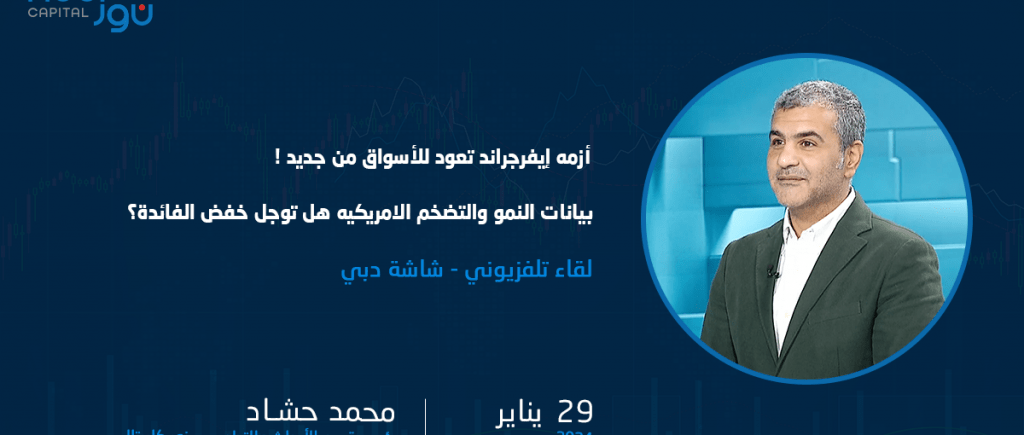Mohammed Hashad, Head of Research and Development at Noor Capital and member of the US Association of Technical Analysts, shared insights on significant market developments and the performance of key assets during an interview on Dubai TV. Addressing the persistent upward trend in oil prices and the challenges posed by increased supplies from producing nations, the question arises: How is this equilibrium maintained?
According to Hashad, oil prices have sustained notable gains, experiencing a growth of over 3% for the second consecutive week, marking the highest recorded increase since last October. The surge in oil prices is attributed to the ongoing escalation of geopolitical tensions in the Middle East, coupled with favorable recent data from the United States. This data revealed that the American economy surpassed expectations, expanding by approximately 3.3%, a substantial margin exceeding the projected 2%.
Additionally, oil has found support in China’s economic data and the United States government’s commitment to injecting more liquidity into the markets to bolster the economy. This is particularly relevant as the Chinese economy continues its recovery from the impacts of the COVID-19 crisis. Regarding the delicate balance between supply and demand, Hashad asserts that OPEC’s decisions consistently reflect its commitment to maintaining equilibrium in the market dynamics between supply and demand.
Hashad remains skeptical about any potential shift in OPEC+’s production policy during the upcoming meeting. Regarding oil prices, he anticipates the possibility of seeing them reach levels around 80 to 81 dollars per barrel in this week’s trading.
Turning attention to the Federal Reserve’s imminent meeting, Hashad raises the question: Will the indicators of growth and inflation influence the Fed to delay an interest rate cut?
According to Hashad, the conflicting market data may lead the Fed to consider postponing the interest rate cut until May instead of March. He points out the dilemma faced by the Fed, torn between the ongoing decline in inflation, albeit still below the targeted rate of 2%, and the robust performance of the US economy, surpassing expectations, coupled with the strength of the labor market. Consequently, Hashad believes that the Fed will likely maintain a cautious approach, especially given the current geopolitical landscape.
Shifting focus to the fallout from the Hong Kong court’s decision to liquidate the Chinese company Evergrande, Hashad contemplates its potential impact on Chinese stocks and transactions. While the decision has induced market confusion, its true repercussions remain unclear. Notably, there has been an immediate negative effect, evident in the Hong Kong Stock Exchange’s suspension of trading in Evergrande shares and its subsidiaries. The court’s decision to liquidate the company came after unsuccessful debt settlement talks with external creditors.
Two crucial stages lie ahead for the market. The first involves the establishment of a temporary committee tasked with liquidating debts, followed by the appointment of another temporary committee responsible for comprehensive management until the company’s sale and liquidation are successfully executed.
Addressing the Bank of England’s upcoming meeting, Hashad expresses confidence that the institution will maintain its current monetary policy. Anticipating that interest rates will remain at 5.25%, he expects no alterations until the middle of this year. This decision aligns with the stable inflation rate in Britain, currently standing at 4%, which is double the target set by the Bank of England. Hashad suggests that this stability supports the Bank’s stance on keeping the existing monetary policy intact.
 Noor Trends News, Technical Analysis, Educational Tools and Recommendations
Noor Trends News, Technical Analysis, Educational Tools and Recommendations





